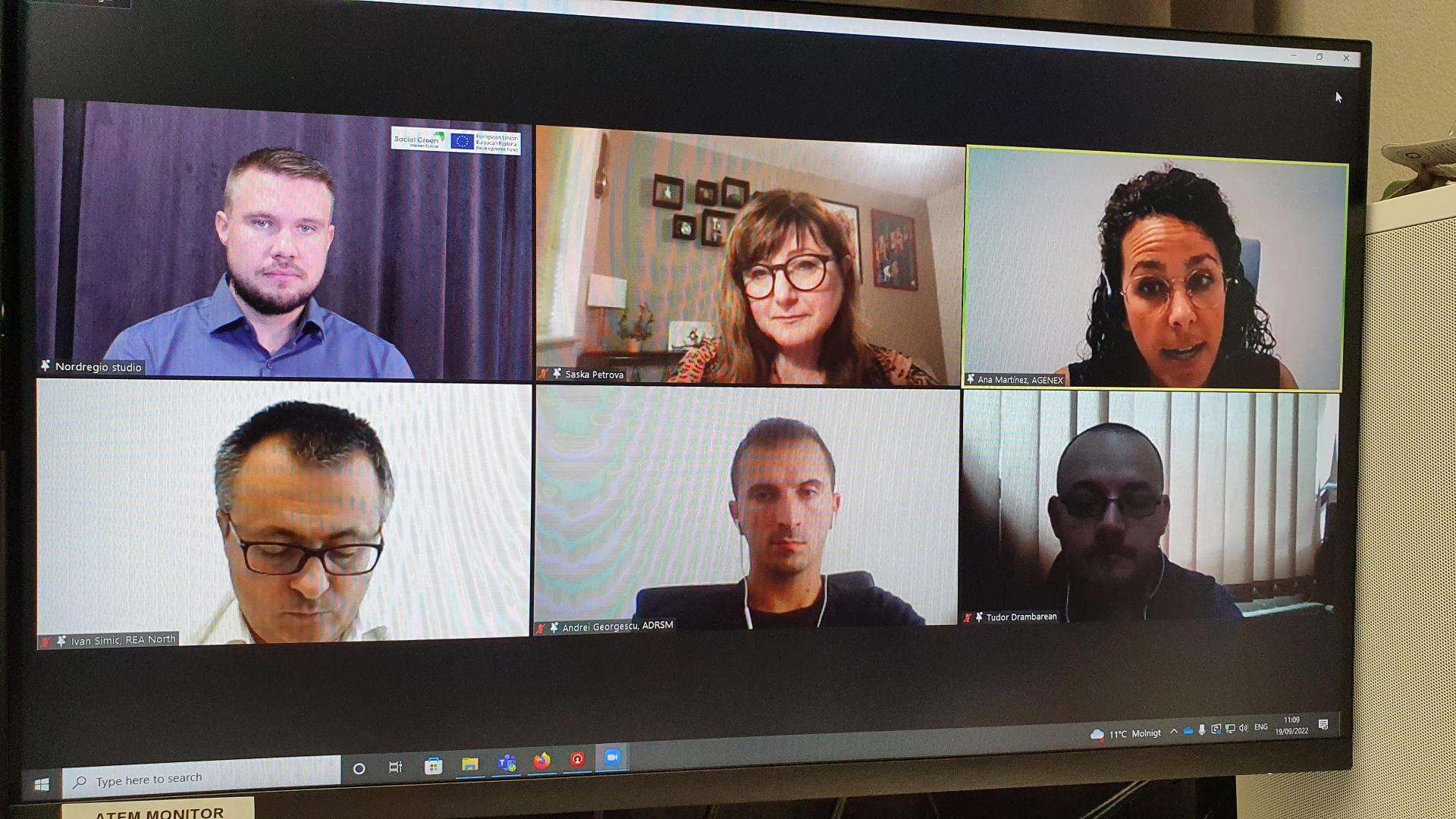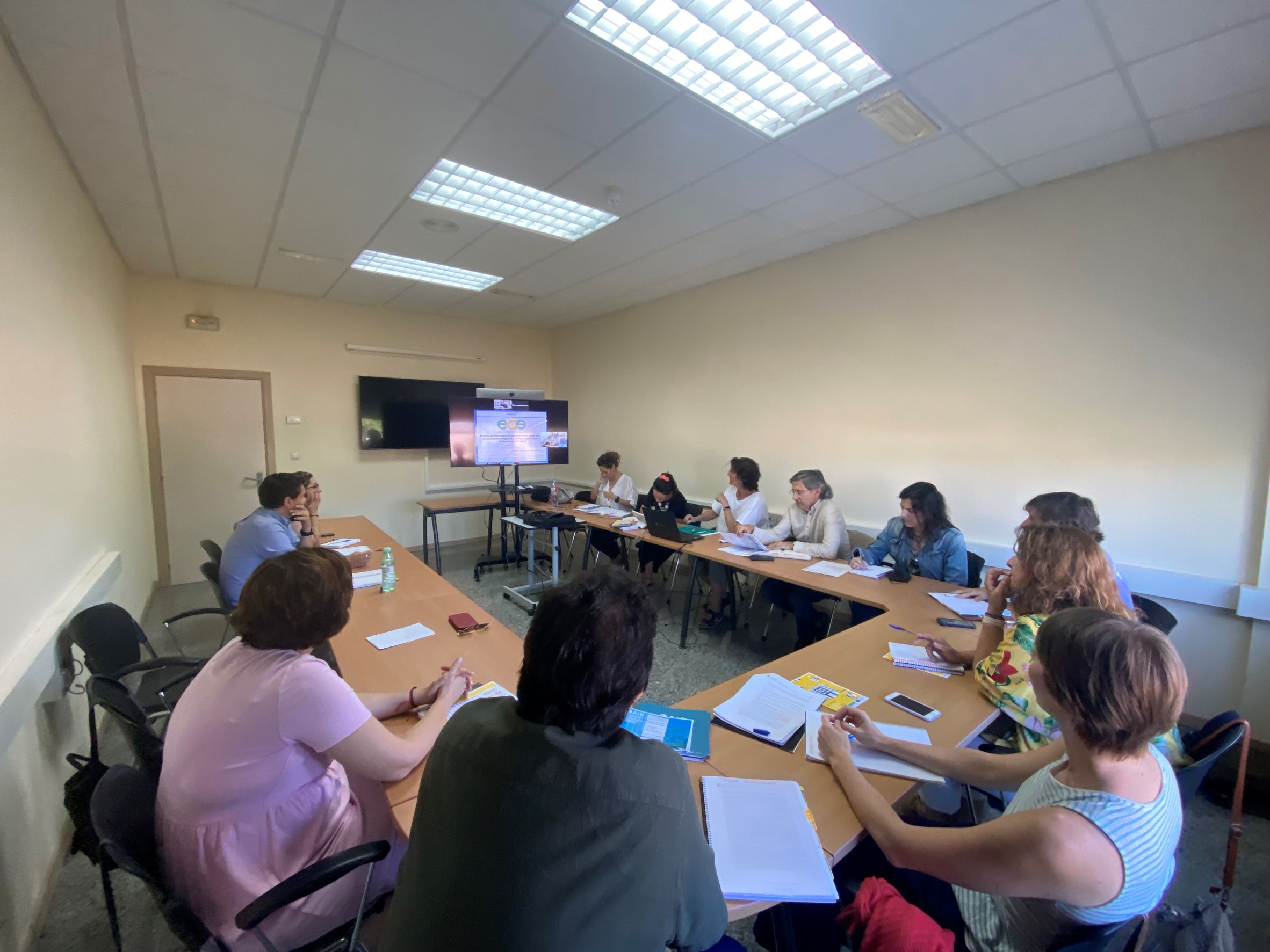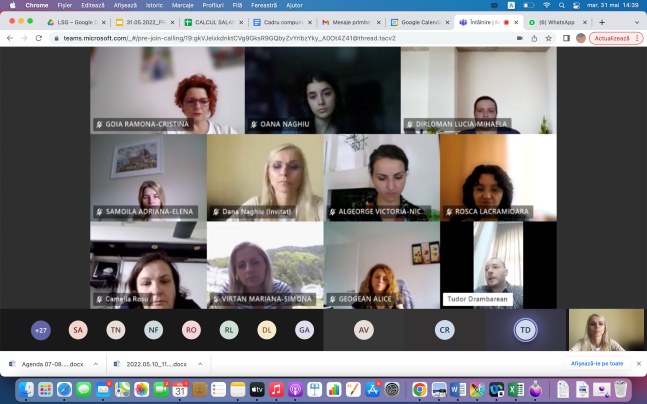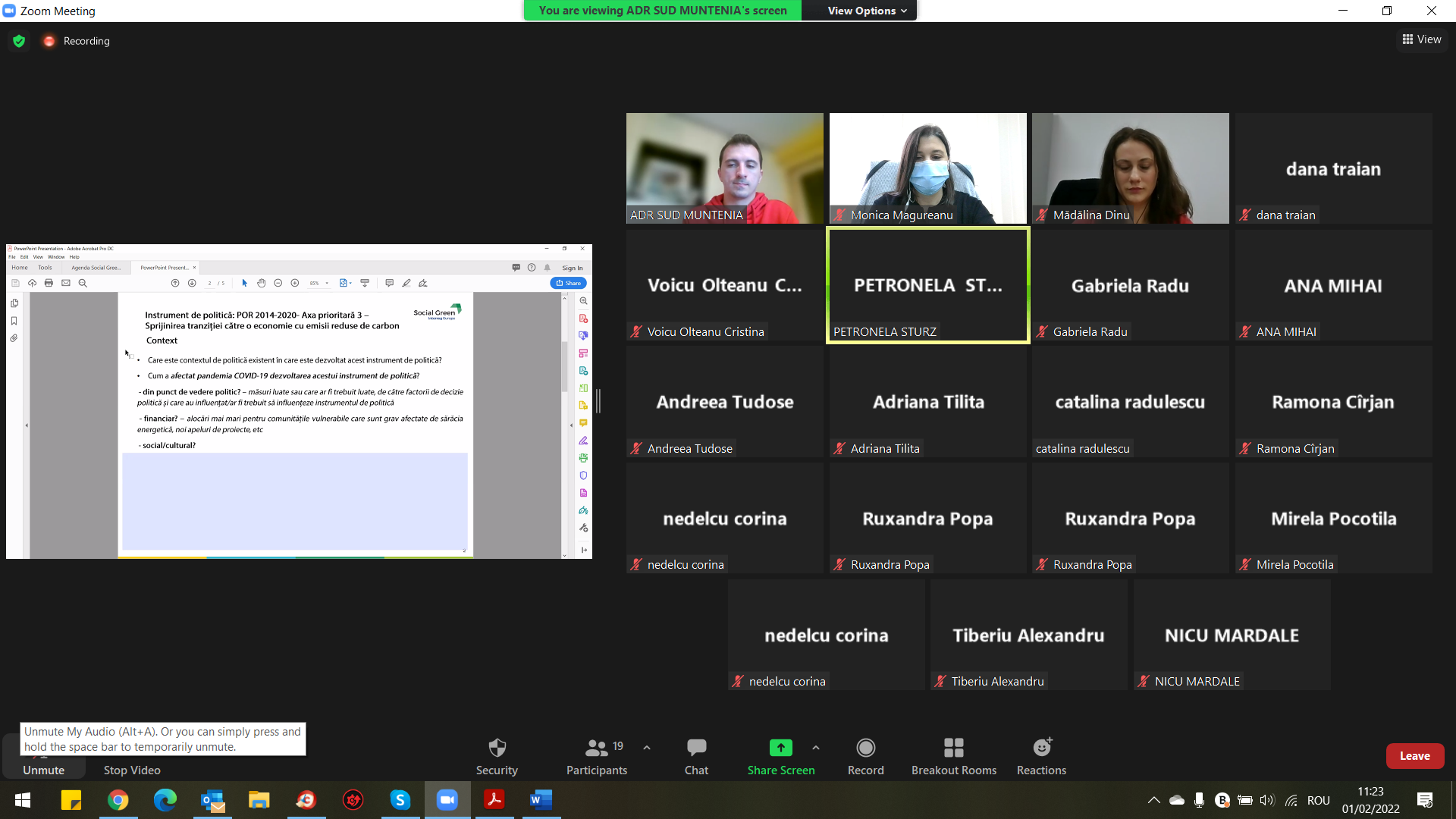In their final LSG meeting of the 2021-2022 project period, representatives from REAN and the City of Varazdin presented the solar mapping solution and showed the analysis of solar potential for households living in energy poverty. Following this presentation, stakeholders engaged in a discussion around the Social Green self-assessments to evaluate the housing situation with regards to energy poverty and analyse the national policy instrument which REAN seeks to influence.
Additionally, stakeholders presented a proposal for a new measure that will be presented by the Ministry of Physical Planning, Construction and State Assests. The members emphasised that, in addition to the measures of rooftop PV installation, the conditions for applying for calls for renovation of family houses needs to be revised. Representatives from energy companies warned that their obligations from the regulation on energy efficiency obligation system are far greater than the possibility of installing solar power in family homes of citizens at risk of energy poverty; however, they did not rule out the possibility of participating in some projects. The Social Welfare Centre engaged in the discussion by sharing their experience with energy poor citizens and warned that too few people were included in the current national programme as it commonly neglects pensioners, single parents, people with disabilities, and elderly women.
Through their discussions, the LSG meeting identified that citizens are interested in the energy renovation of family houses, including the installation of solar PV and the use of renewable energy sources; however, the problem is that almost everyone is waiting for calls for co-financing from the Environmental Protection and Energy Efficiency Fund because the subsidy is quite large. More citizens who live in energy poverty should be included in energy renovation with 100% subsidy by revising the conditions of the call for renovation of family houses owned by citizens at risk of energy poverty. Furthermore, solar PV should be a justified measure, especially in households with high energy consumption. All stakeholders are interested in cooperation and finding common solutions to mitigate the effects of the crisis and rising number of citizens living in energy poverty.






